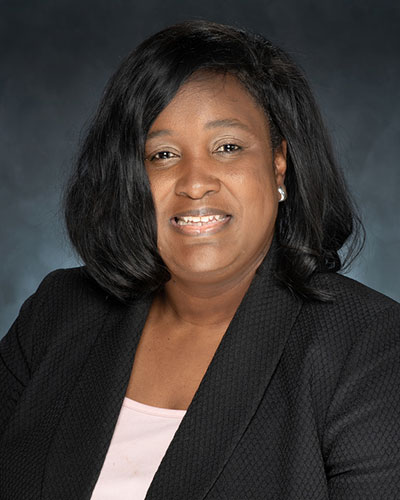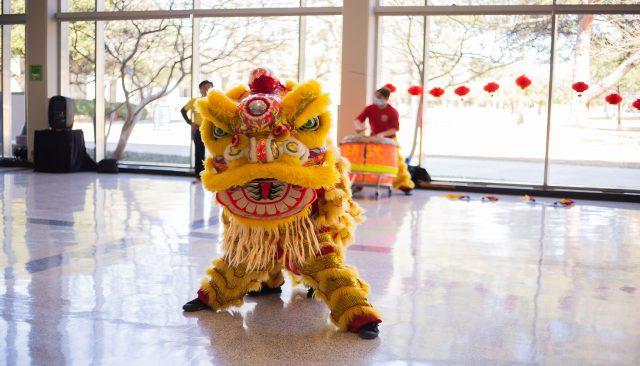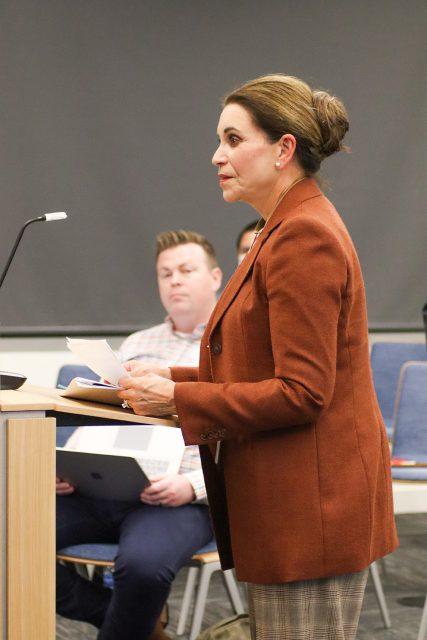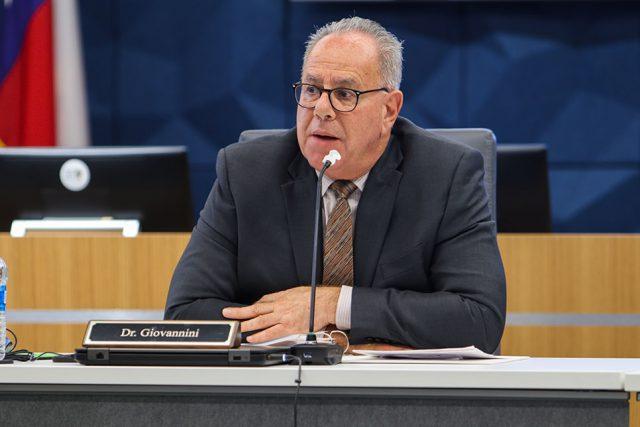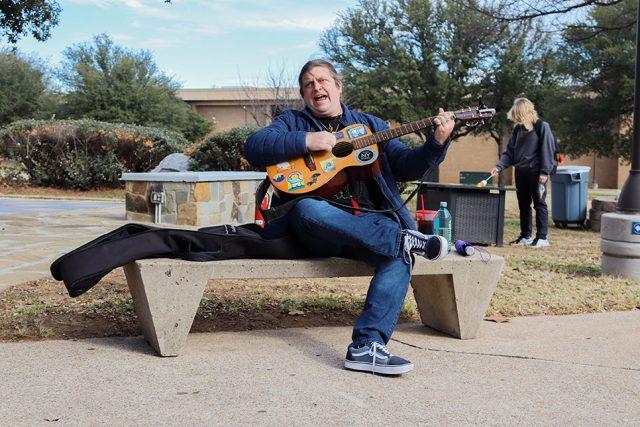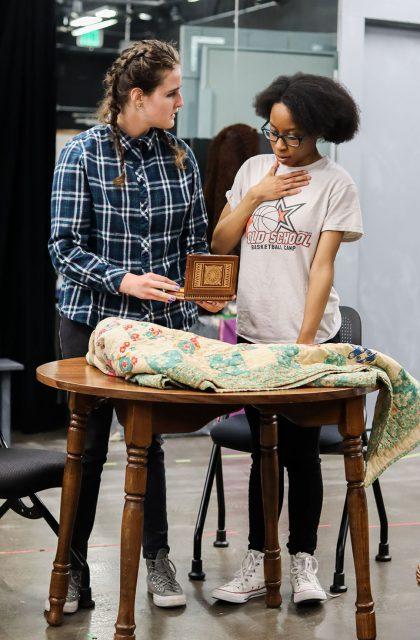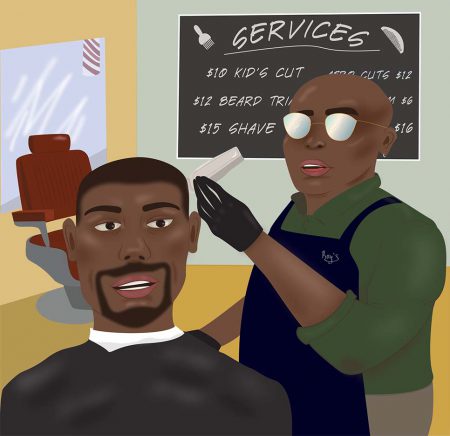
Austin Folkertsma
campus editor
austin.folkertsma@my.tccd.edu
For some, a barbershop is a place to just get a haircut, but for the Black community, it represents a sanctuary where people of all ages can come and connect with their culture and history.
The Black Barbershop event was on NE Campus Feb. 16, and was hosted by two faculty members and one student. “It’s a place for men to talk about their issues where men may not have other places to talk,” NE assistant government professor Christopher Douglas said. “It’s a refuge that acts as a psychologist’s office. It’s a critical piece to celebrate this month, so hopefully people have a better understanding and the meaning of it.”
He said the barbershop serves as a resource, so even if you’re not getting a haircut, it’s a place in the community that gives a broader understanding about different perspectives, and it’s a place to have meaningful conversations.
Douglas adds that there are many resources at TCC like the barbershop, meaning there are a lot of people to talk to.
“Hairstyles obviously are different,” Douglas said. “Thirty years ago when I went to the shop, there was a much different style of hair that we thought we needed to have, but as far as what the barbershop’s purpose serves, it hasn’t changed.”
It isn’t as much of an expansive community as it used to be. Back then, one of the only opportunities accessible to Black men was in the barbershop, Douglas said. The opportunities to expand in terms of progress with racial relations or the ability for folks to find employment in other areas has become more widespread than in the past.
“The functions have changed, hairstyles have obviously changed and there’s perhaps been more opportunities other than being a barber for an African American man in general,” Douglas said. “The barbershop I went to growing up had a big sign in the front that said ‘No Profanity, No Disrespect and No Politics.’ There was no disrespect.”
NE interim director of student development services Cara Walker said the significance of the event is to take a peek inside the experience of being Black in America.
“The Black barbershop itself is a unique entity for mainly men, but also women,” Walker said.
It’s an important place for Black men and women to recharge, and it also allows them to be a part of a community where they can share their experiences, Walker said.
NE business instructor Freddie Sandi-fer Jr. said The Black Barbershop event is about sharing the rich Black culture.
“It’s like our country club or a place where we can pass down wisdom, knowledge and historical events from one generation to the next generation, and that’s what was so powerful about the barbershop.”
Sandifer said he wants students and others to be able to look into Black culture and see something that they value.
“It’s important how we can understand how each culture does things and how to pass down this torch from the older generation to the younger generation,” Sandifer said.
He added that the passing of the torch is often done in the barbershop, but it’s important how it’s done in every culture.
“There was always a guy that was older and we didn’t know if he was telling the truth or not,” Sandifer said. ”But he knew everything about everything and he knew everybody and he could get you anything that you wanted.”
NE student LaDarien Briggs said the barbershop is about expression, and he hopes people gain a new perspective from the event.
“Being able to share your thoughts, ideas and experiences with other Black men just so they can see what we see.”
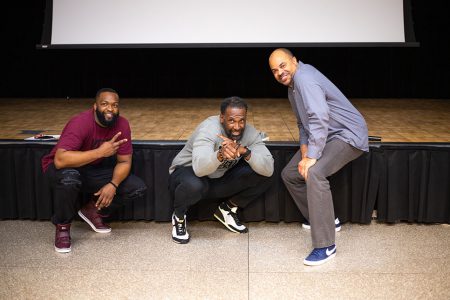
Photos by Joel Solis/The Collegian


























